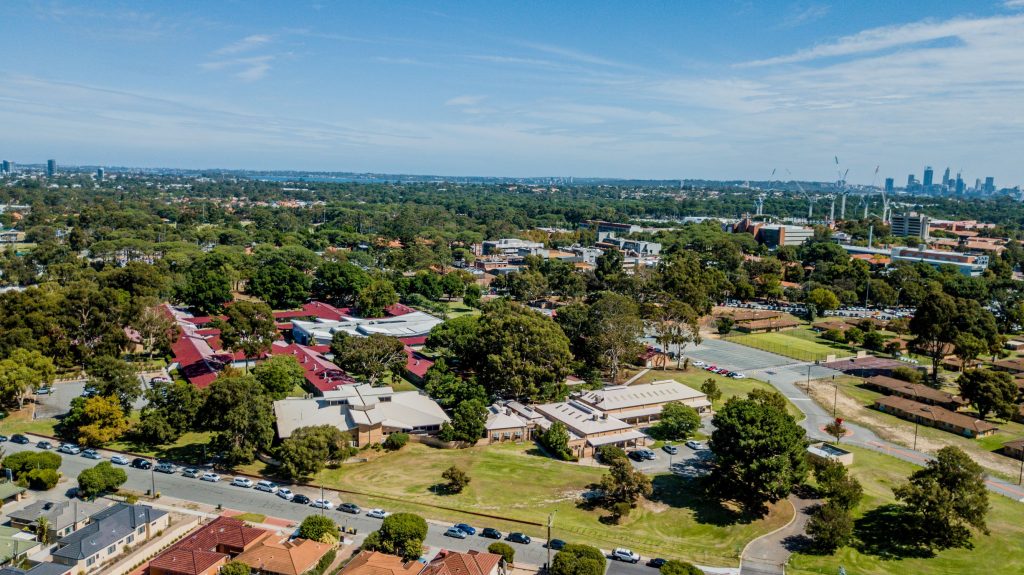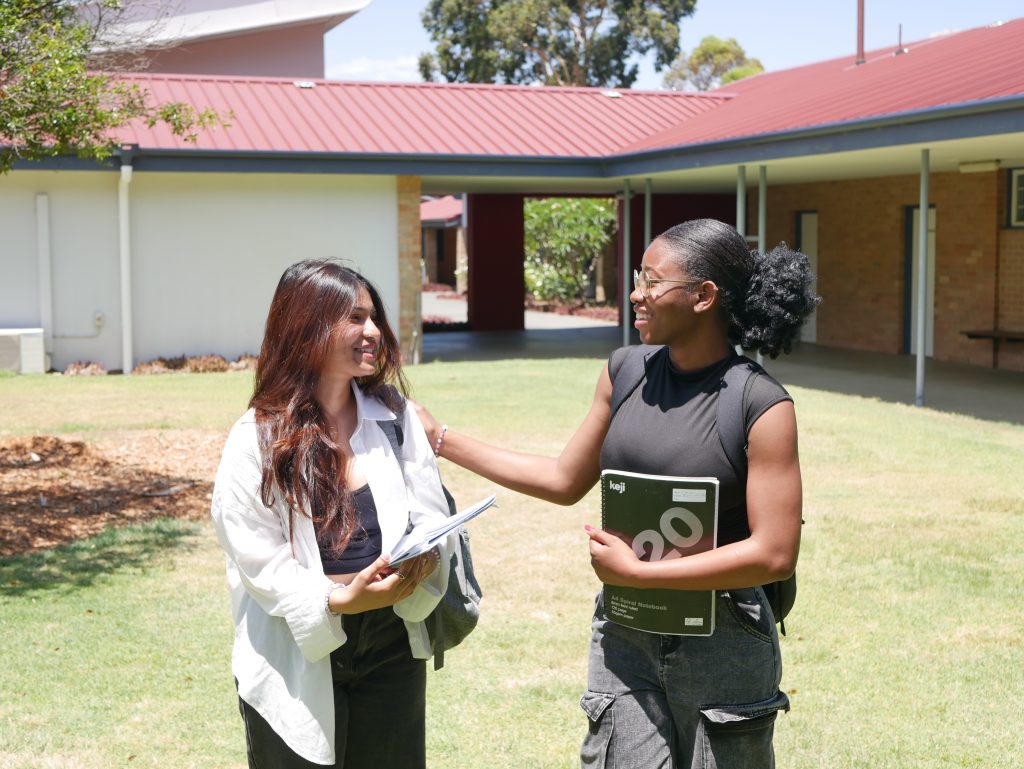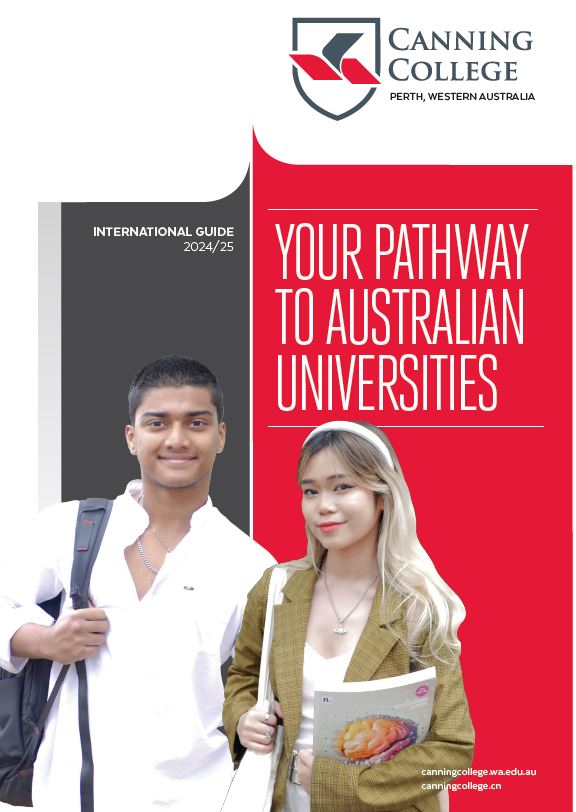In July, 2020, in response to border restrictions imposed to limit the impact of COVID-19, Canning College launched its live and interactive online learning programs.
This week, the College’s 2020-21 Mid-Year WA Universities’ Foundation Program students made history as the first to complete a year-long Canning program in the virtual classroom. This has been no small achievement and the students, who are from Malaysia, Singapore, Indonesia, Hong Kong, China and Brunei, deserve congratulations.
Key to this success has been the ability of teachers to adjust to a whole new way of delivering international education programs. In some cases, teachers simultaneously teach both online and in class students, making sure microphones and cameras are carefully positioned for the benefit of those in the virtual classroom, while not interfering with the learning of those on campus.
Equally important to online achievement, has been the role of the students, who have embraced this new challenge, as the College had hoped would be the case.
In some instances, particularly with specific technological challenges, students provided a guiding voice, pointing out when a screen had not been shared, a video was lagging or a microphone had been accidentally muted.
In this new teaching world, delivery comes in many forms. At Canning College, where the majority of students are of senior secondary age, lessons are delivered live and according to a prescribed timetable.
Lessons are not generally recorded so that students can watch (or forget to watch) at their own pace. The concept of a virtual classroom requires that students are in front of their computers, turn on their cameras and interact with teachers and fellow students verbally and through text chat functions.
Live lessons increase the opportunities for genuine engagement and discussion between online and on campus students and their teachers. They also create a daily routine for online students that is similar to those who are physically in class.
VIDEO ABOVE: Canning College staff show their appreciation for graduating online students, who made the most of their virtual classroom experience.
This approach is more suitable to students in south-east Asia where there is little or no time difference with the physical location of the Canning College campus in Perth, Western Australia. However, this has not precluded students in other parts of the world from enrolling in Canning College pathway-to-university programs, with some in Africa and the Middle East adjusting their personal schedules to join the virtual classroom.
Just as COVID caused rapid adjustment around the world, Canning College’s move to online learning came suddenly but not without serious consideration of the challenges, the pitfalls and, of course, the benefits. For students, who were facing disappointment and rejection as international travel ground to a halt, online delivery offered an unexpected opportunity.
Some of the students enrolled in Canning College programs chose to withdraw, some deferred but many others, such as the Mid-Year WAUFP students, who graduated this week, saw online learning as an opportunity to push on towards greater academic and career goals. The experience was entirely different for a student from Singapore, who was the only student to complete the entire program in Perth.
The move to online was not without some trepidation for those at Canning College, whose reputation is grounded in its success in assisting international students to achieve university entry since 1986. At its core, international education is about both academic and personal development. It asks students to consider other cultures, to experience first-hand life in a new city and to develop new global perspectives. Most importantly, it offers students the opportunity to progress to university and pursue career goals.
There are deeper challenges associated with the long-term continuation of online learning, not least the absence of genuine interactions and real-life city experiences that are so important in the development of global citizens. But while travel restrictions persist, at least, and until students (and their parents) feel comfortable leaving their hometowns and cities in pursuit of education, interactive online learning will provide a viable alternative.










